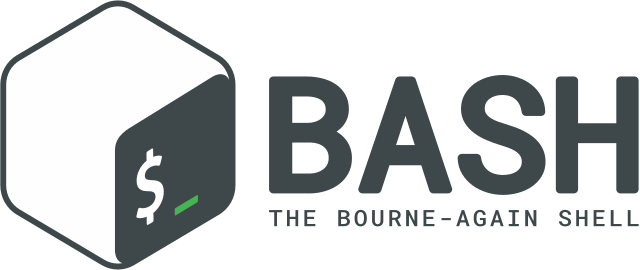
This is a common area for all 2021 Summer School course registrants. Everyone that is registered in a Summer School 2021 course is automatically granted access to this common area.
The common area contains:
- a link to the Summer School 2021 Slack used during courses,
- an email link to submit a ticket to help@sharcnet.ca concerning Summer School 2021, and,
- a Summer School 2021 announcements forum.
- Teacher: Tyler Collins
- Teacher: Paul Preney
- Teacher: Tyson Whitehead
- Teacher: Isaac Ye

Description: This course features two sessions, focussing on first principles when interacting with the shell, and job submission through the slurm scheduler. The first day will be dedicated to the shell, and cover topics such as: starting a command-line session, moving around and looking at things, accessing software, and more. The second session will introduce the concepts necessary to understanding job scheduling in an HPC environment. By the end of both sessions, attendees will be able to connect to a Canadian supercomputer, create or upload their own scripts, and submit them to the scheduler.
- Teacher: Tyler Collins
- Teacher: Tyson Whitehead

Description: Deep learning has been getting lots of attention from many different fields including business/finance, image handling and even science simulation. 2-Day Deep learning foundation course is recommended for who wants to actually program it. The course will proceed with presentation and live demonstration using Google Colab and eventually will help the student to run his/her code on Graham cluster in Compute Canada. Day 1 will cover Multivariable linear regression and MNIST image classification using linear and Multi-Layer Perceptron (MLP) including some techniques to avoid overfitting. Day 2 will cover CIFAR10 image classification with Convolutional Neural Network and a simple example with Recurrent Neural Network. All coding will be done using Google Colab in Python 3 and PyTorch 1.8.
Length: 2 days
Prerequisite knowledge: Basic knowledge on Python and object oriented programming.
- Teacher: Isaac Ye

Description: Writing code using modern C++ not only results in shorter, faster, and more robust code, it is also easier to maintain and update. Writing parallel code using modern C++ should result in straight-forward, sane-to-maintain/debug code. This course will cover what comprises modern C++ programming and will then present and discuss how to use modern C++ to write parallel code.
Length: 3 days
- Teacher: Paul Preney
